Westmont News
Notable Professors Join Westmont Faculty
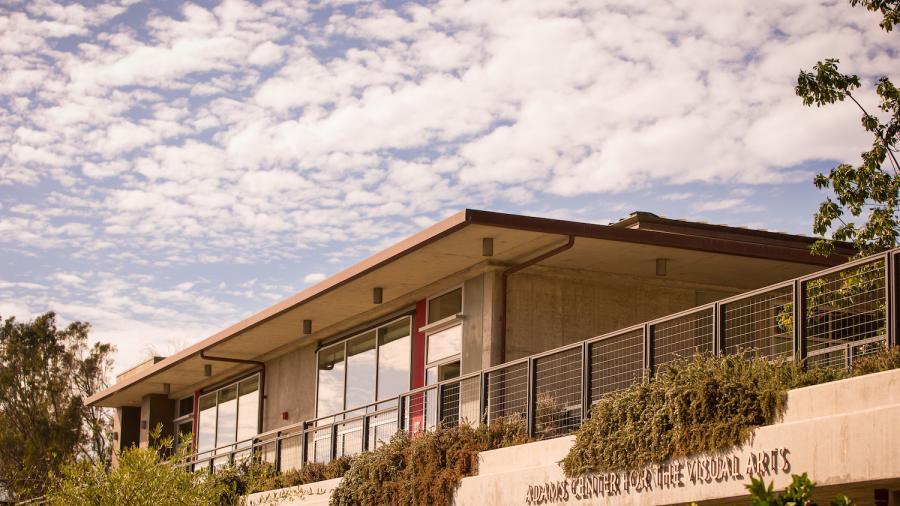
By
Westmont
Four stellar new professors join the Westmont faculty this fall: Katherine Bryant (political science), alumnus Daniel Gee (music), Robert Haring-Kaye (physics) and Blake Victor Kent (sociology).
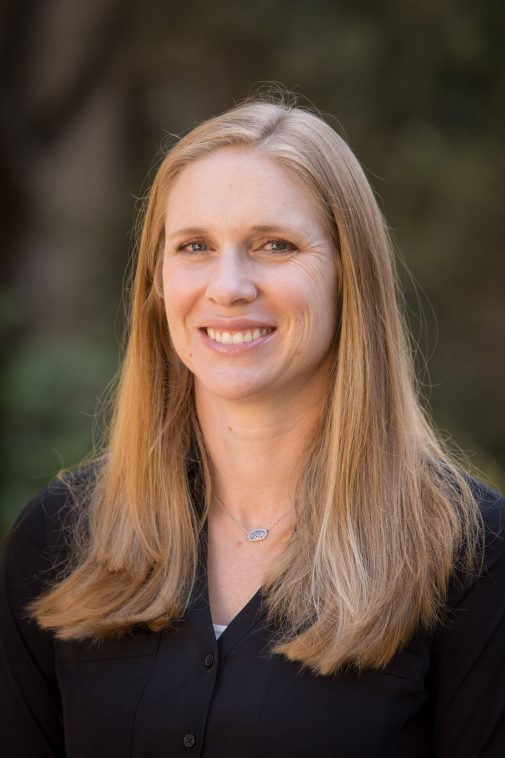
Bryant, a visiting assistant professor for three years at Westmont, launched a study of the effectiveness of Christian aid organizations. Her research focuses on the efficacy of foreign aid programs and how political factors influence the behavior of aid organizations, especially multilateral agencies.
“While teaching at Westmont, I have always admired how students and faculty consistently integrate their academic studies with deeper questions of faith, purpose, and justice,” she says. “I eagerly look forward to contributing to this broader purpose in service to our Lord.”
Last year, Bryant led Westmont students in preparing for the National Model United Nations in New York City, where several of the students won awards. “It was so rewarding!” she says. “The conference itself is incredibly demanding, but students leave with amazing memories as they gain first-hand experiences in policymaking, negotiation and working in cross-cultural contexts on pressing global issues. I am also able to connect with students in that class more than any other as we travel together exploring the city and visiting UN Headquarters. We even went to Yankee Stadium.”
She has a keen interest in improving data literacy among students, and has also taught environmental politics. She graduated from USC and earned a doctorate from Texas A&M University.
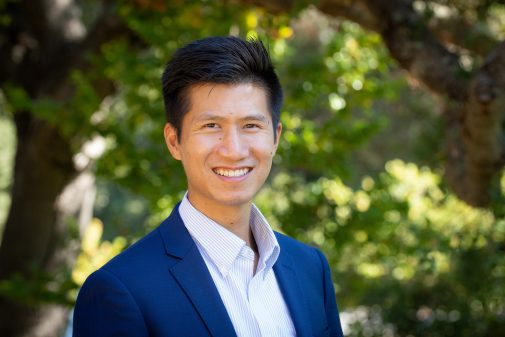
After an outstanding career at Westmont —he was valedictorian of his class— Daniel Gee ’13 has returned to teach music and conduct the Westmont College Choir. He completed majors in both music composition and philosophy at Westmont and earned a Master of Music degree at the USC Thornton School of Music. He has nearly finished his Doctor of Musical Arts there. During his time in Los Angeles, Gee served as the assistant conductor of the Long Beach Symphony and associate conductor of Choral Arts Initiative, a professional choir in Orange County. He also committed time to church ministry as a choir director and youth adviser.
“I could not have asked for a richer or more formative college experience at Westmont,” he says. “I am particularly thankful for the opportunity to study in a wide range of subject areas. My professors were absolutely phenomenal, and while many of them are now my colleagues, I still indeed consider them mentors.”
As a composer, Gee has fulfilled commissions for the Quire of Voyces, the Pierre Claeyssens Veterans Foundation for the Santa Barbara Choral Society and the Westmont Orchestra. Gee composed “The Ploughman” for chorus and piano, which was published by Colla Voce Music on the Jo-Michael Scheibe Choral Series.
“Music in all its manifestations is a breathtakingly diverse and rich gift from God,” Gee says. “Choral music contributes uniquely to this manifold witness in its accessibility and humanness. It seems that we often reserve our most important words for song. I know Westmont students to be thoughtful, hardworking and passionate, and it will be a joy to channel these strengths toward a more meaningful, worshipful and edifying music-making.”
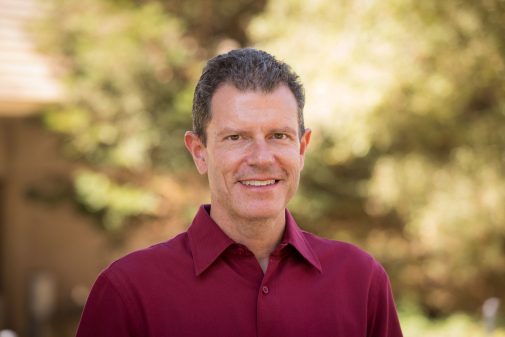
Haring-Kaye, who completed tenure as a professor of physics and astronomy at Ohio Wesleyan University, taught at Purdue University Northwest (formerly Purdue University Calumet). He earned his bachelor’s and master’s degrees at Florida State University before completing a doctorate there in nuclear physics.
Haring-Kaye is in his 22nd year teaching and says his favorite aspect is working with students on his research. “The main reason why I came to Westmont is that I felt a clear calling from God to teach at a Christian institution with strong support from my family,” he says. “I think my wife, Sonya, put it best: ‘The Lord is providing a transition from a missionary role at a secular institution to a more pastoral one here at Westmont.”
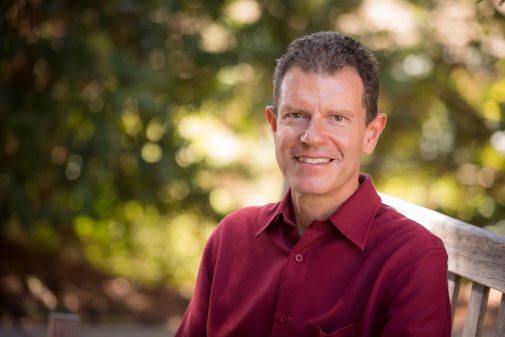
His primary research interests focus on the structure of atomic nuclei at the limits of spin and binding deduced from gamma-ray spectroscopy. Each nucleus emits a characteristic pattern of radiation that acts like a fingerprint for that nucleus. “Our job is to learn about the underlying structural properties based on that fingerprint,” he says. “To me, this unique character speaks to God’s creativity in the design of His creation. I’m excited about the particular nucleus I’m studying right now (an isotope of gallium called gallium-70) because its fingerprint has been challenging to discover and this isotope hasn’t been studied much at all before.”
He has been a principal or co-principal investigator on four National Science Foundation grants, the last two focused on cultivating research experiences for undergraduates. More than a dozen of his many publications have been co-authored with students, and he has supervised more than 40 student publications or presentations in scholarly journals or conferences.
“I am constantly amazed at the beauty, order and complexity of the world around us and in the universe as a whole,” he says. “As an experimental physicist, I appreciate the difficulties in getting an experiment to work, much less work well. One could argue that the universe is the grandest ‘experiment’ of all, providing myriad opportunities to explore God’s creation and the incredible fine-tuning on which so many of its properties are based. Such aspects of the universe strongly point to God’s purposeful design and only enhance my faith, and I regularly look for opportunities to share these aspects with my students.”
In addition to covering many of the standard general physics courses and labs, Haring-Kaye has taught astronomy, optics and analog electronics. “I see the Westmont Observatory as a signature component of the campus and a key instrument in the training of our physics majors,” he says. “In the future, I would like to see the observatory play an even larger role in the research performed by our students.”
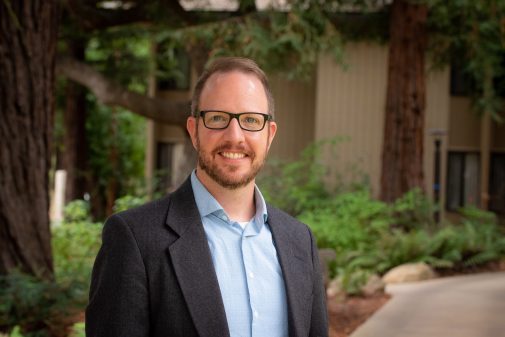
Kent, a scholar who specializes in population health, medicine and religion, has been working for the past two years as a postdoctoral research fellow with Harvard Medical School’s Center on Genomics, Vulnerable Populations and Health Disparities and Massachusetts General Hospital. He graduated from Wheaton College, earned a Master of Arts in theological studies at Regent College in British Columbia and then a master’s and doctorate in sociology at Baylor University. He is a co-investigator on a major Templeton grant for the National Spirituality and Health Consortium.
“I’m thrilled to be entering a community where students are eager to learn about and face down the daunting social challenges that loom large in our contemporary environment,” he says. “Westmont students are helpers and fixers, and that’s a lot of what sociology is about. But I’m even more excited to be here because they want to become saturated not only in the best of current scholarship, but also in the remarkable resources of our Christian faith. The Christian narrative is grounded in a passion for both justice and true knowledge.”
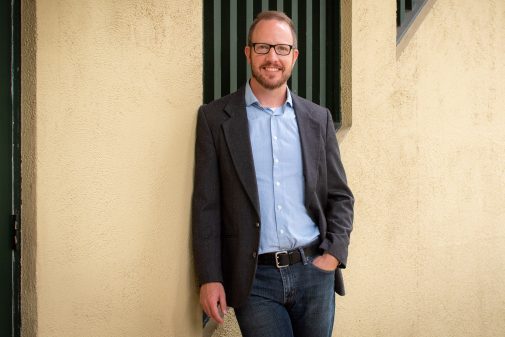
Kent, a large scale quantitative survey researcher, says he’s interested in getting students involved in his work with major epidemiological cohort studies, including the Hispanic Community Health Study, the Black Women’s Health Study and the Harvard Nurse’s Study.
A prolific author of research studies, Kent has published or will publish seven this year, including “Parents, Peers, and Trajectories of Cigarette Smoking: A Group-Based Approach” (Youth & Society); “Do Spiritual Experiences Moderate the Effect of Daily Stressors on Psychological Well-Being?: An Experience Sampling Study of Depressive Symptoms and Flourishing” (International Journal for the Psychology of Religion); “Adolescent Context and Depressive Symptom Trajectories in a National Sample: Ages 13 to 34” (International Journal of Mental Health and Addiction); “Mental Health and Self-Rated Health among U.S. South Asians: The Role of Religious Group Involvement” (Ethnicity & Health); and “Religion/Spirituality and Gender-Differentiated Trajectories of Depressive Symptoms Age 13 to 34” (Journal of Religion and Health).
“My research examines both positive and negative links between religion and mental health,” he says. “I’ve never really been interested in pure apologetics that highlight only the positives of religious practice. As Christians, we’re called to pursue truth no matter where it leads us, and inevitably that will take us to uncomfortable places where we have to confront not only ourselves, but often times cherished social institutions as well. This discipline isn’t about baptizing the status quo. It’s about learning empathy, seeing other viewpoints, and ‘revealing that which is hidden,’ as sociologist Pierre Bourdieu once said.”
Along with the new tenure-track appointees, several faculty join the college in short-term roles, including Senyo Adjibolosoo (economics and business), Laura Drake Schultheis ’06 (biology), Matthew Roy ’07 (music) and Chris Peterson (engineering).
Filed under
Academics, Admissions, Alumni, Campus News, Faculty and Staff, Featured, Press Releases